The National Federation of Republican Assemblies (NFRA) has cited the 1857 Dred Scott Supreme Court decision to argue that Vice President Kamala Harris is ineligible to run for president according to the Constitution.
The infamous decision, which stated that enslaved people weren’t citizens, is now at the center of a contemporary political debate.
Expanding the Challenge

The NFRA’s challenge extends beyond Vice President Harris. The group has also questioned the eligibility of Vivek Ramaswamy and Nikki Haley to appear on Republican primary ballots.
They base their argument on the constitutional definition of a “natural born Citizen,” which has become a pivotal point in their legal reasoning.
Definition of a Natural Born Citizen
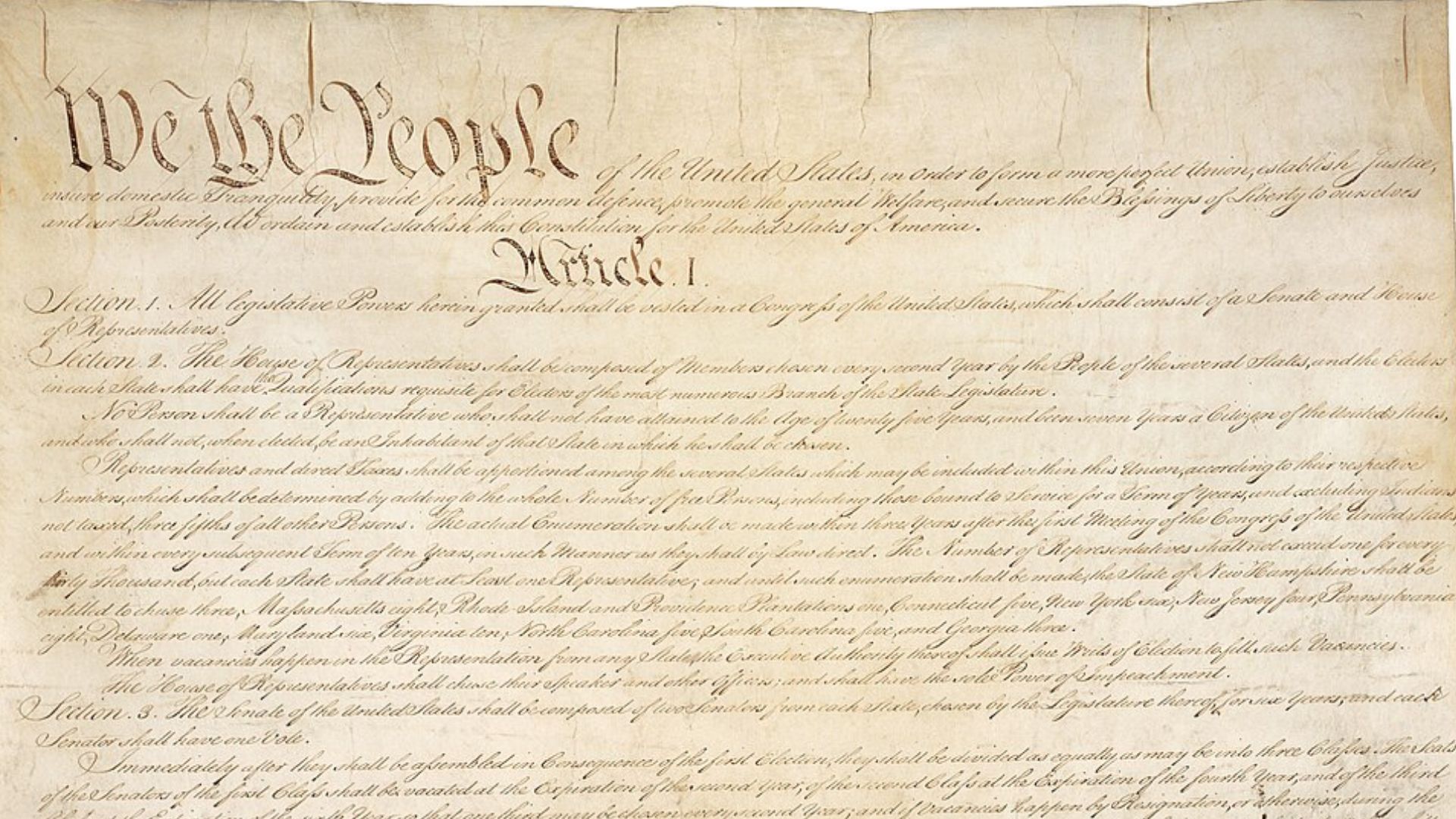
The group argues that a natural-born citizen must be born in the U.S. to parents who are citizens.
They rely on “an originalist and strict constructionist understanding of the Constitution in the Scalia and Thomas tradition,” supporting their stance with precedent from Supreme Court cases, although specific cases were not directly quoted in the discussions.
The Significance of the Dred Scott Decision
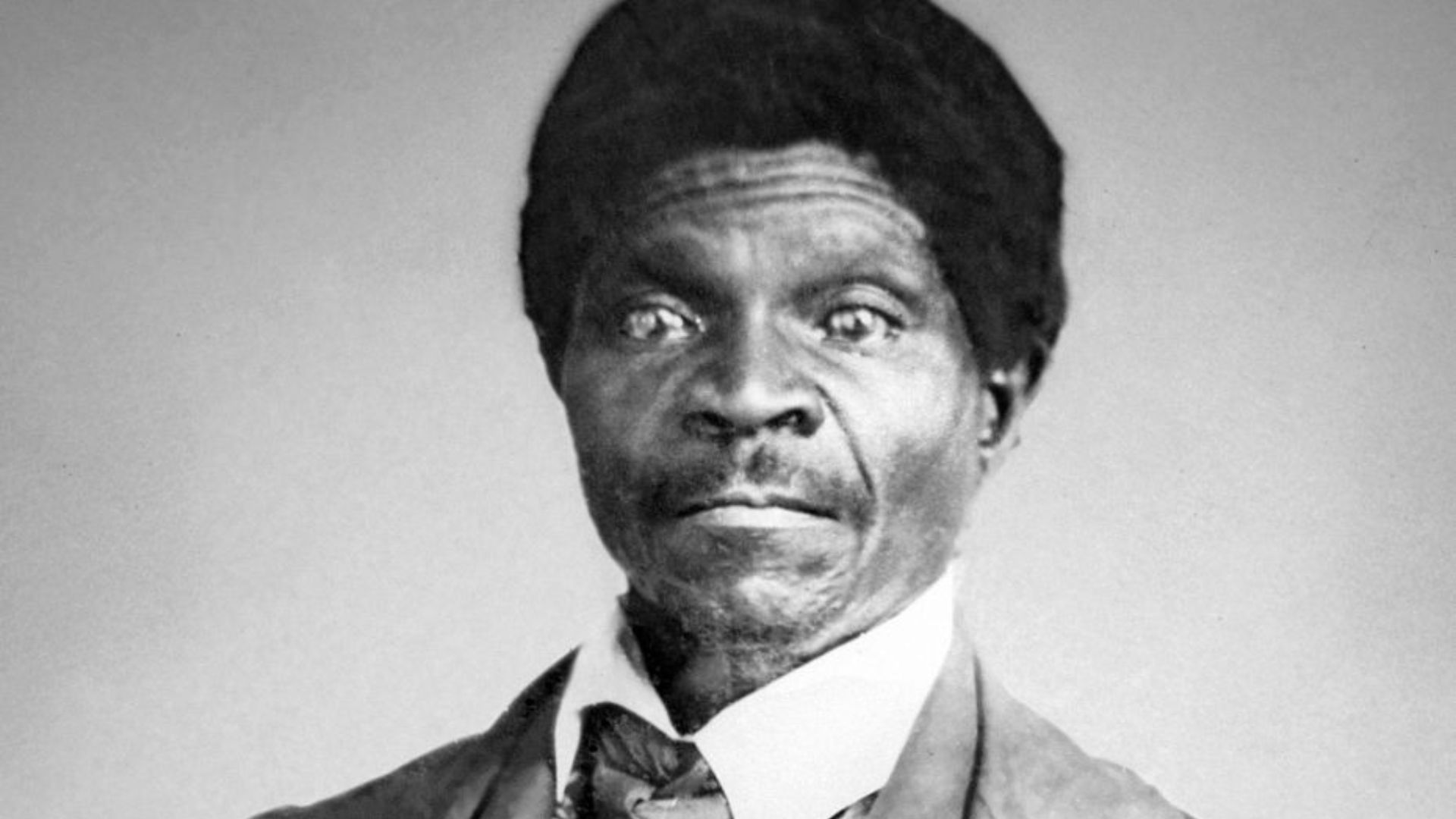
The Dred Scott v. Sandford ruling, which came just a few years before the Civil War, declared that enslaved people could not be considered citizens and therefore, had no protection from the federal courts or Congress.
This decision is now being used by the NFRA to support their claims about presidential eligibility.
Trump Allies and Constitutional Debates

The NFRA’s policy document includes former President Donald Trump’s running mate, Ohio Senator JD Vance, among its list of preferred candidates, indicating their support within established Republican circles.
The document demonstrates the group’s commitment to what they see as the constitutional foundations of presidential eligibility.
Public Attention Through Social Media
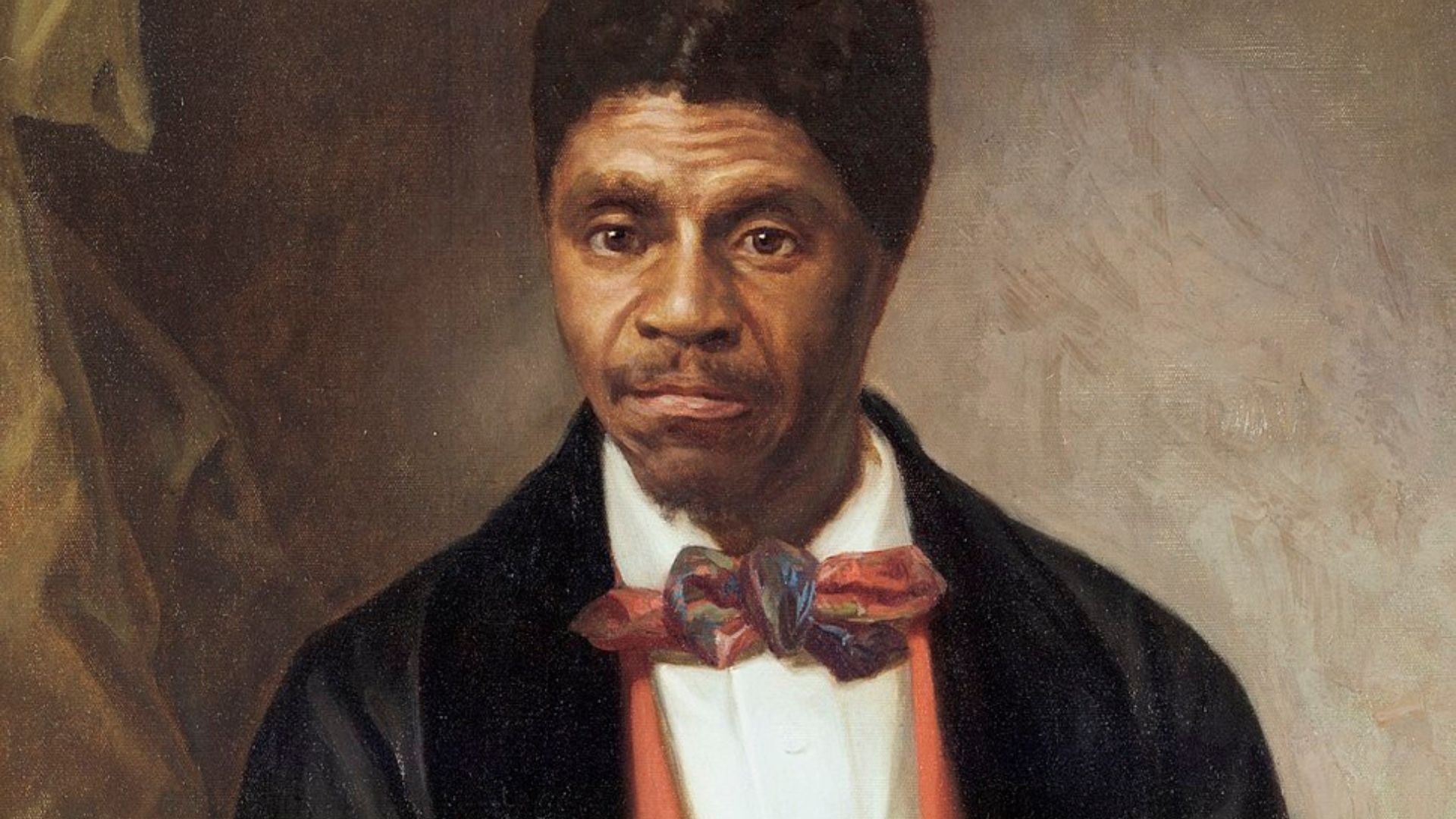
The connection between the NFRA’s stance and the Dred Scott decision was initially noted by lawyer Andrew Fleischman on X, formerly Twitter.
His observations have brought significant public and media scrutiny to the group’s interpretation of constitutional law.
Historical Precedents and Modern Implications
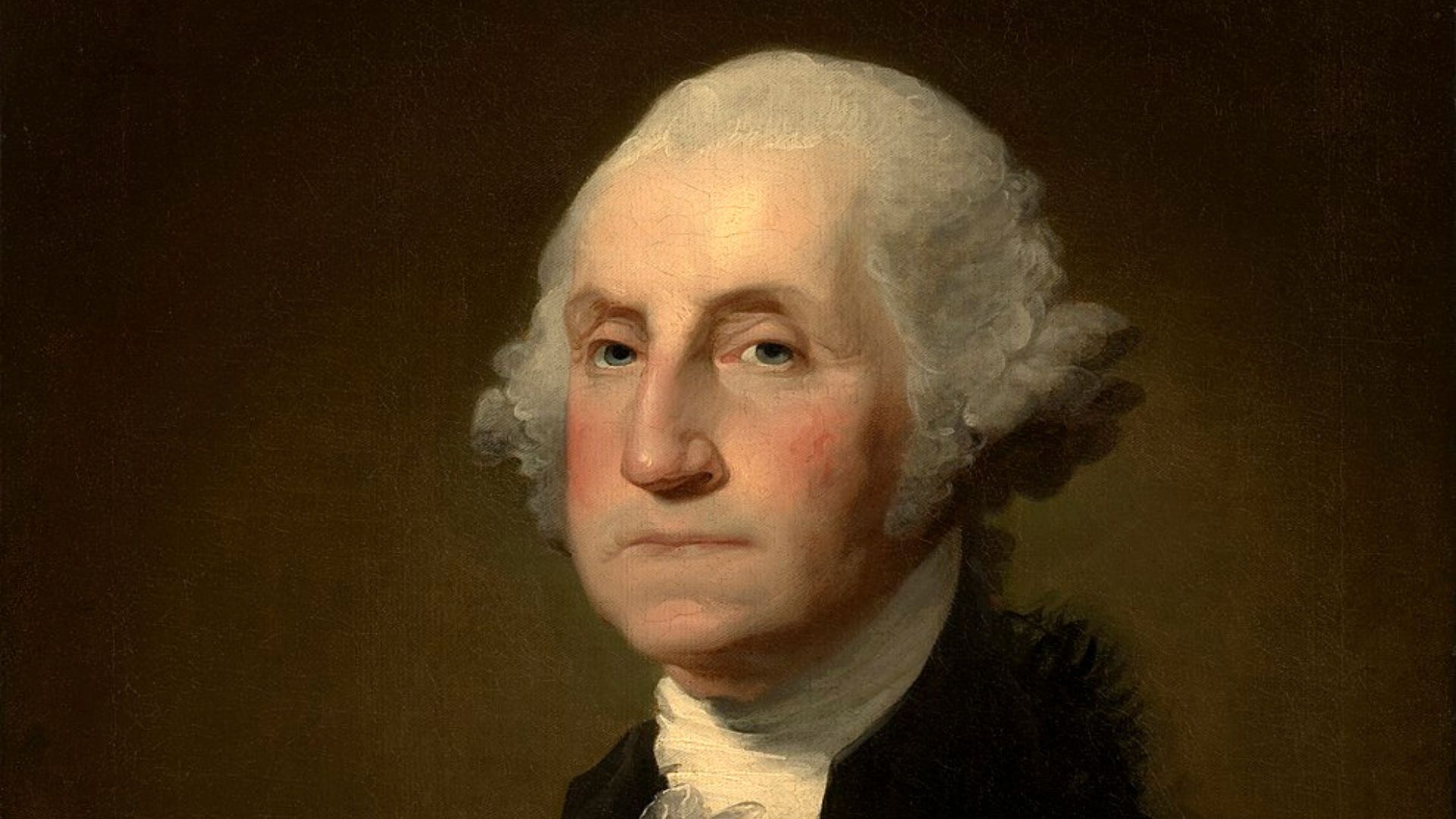
The NFRA’s strict interpretation of “natural born Citizen” could have historically disqualified many founding fathers like George Washington and Thomas Jefferson, as their parents were British subjects at the time of their births.
This interpretation challenges long-standing views on presidential qualifications.
Reagan’s Legacy and Constitutional Interpretations
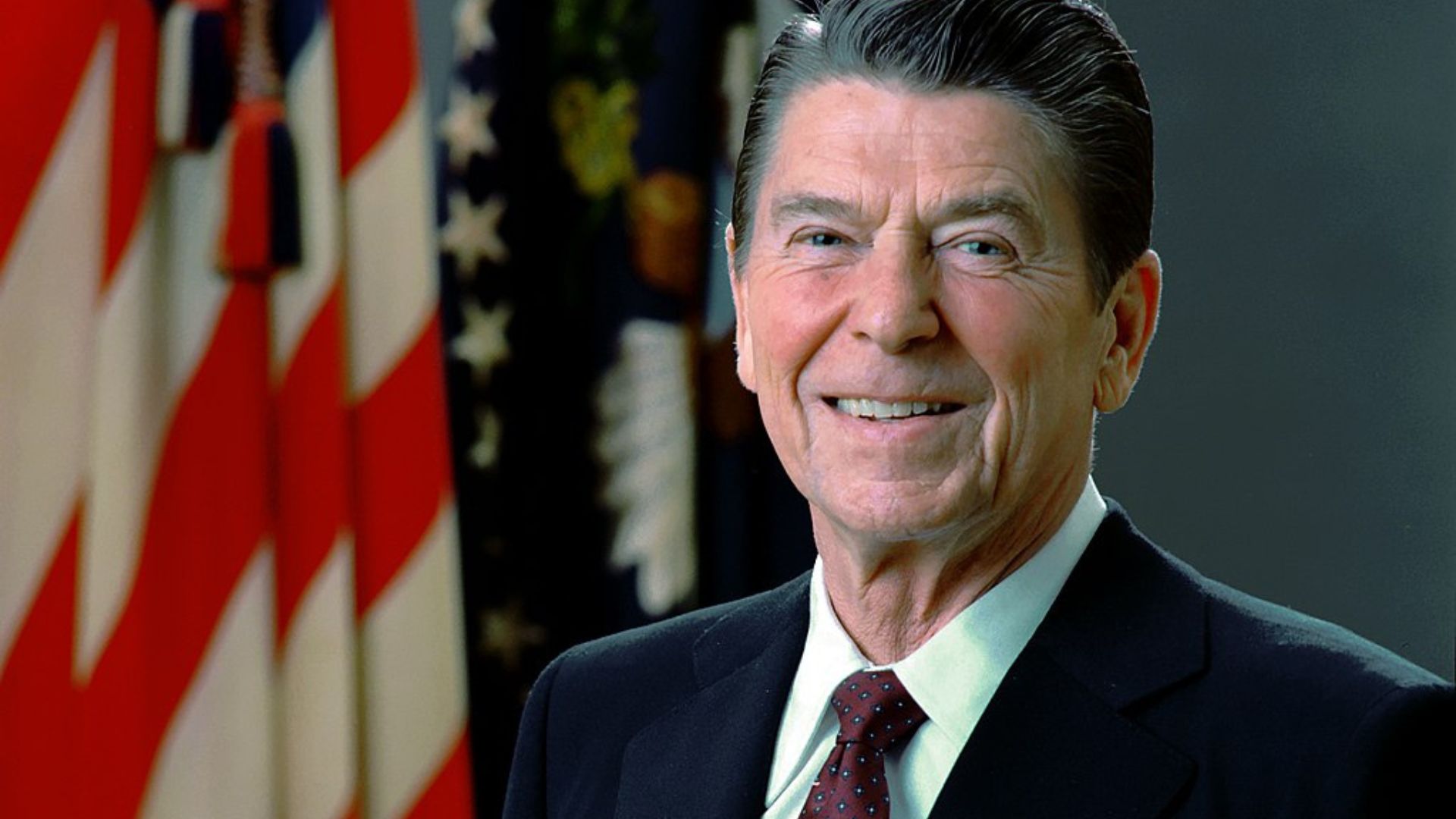
The fact that former President Ronald Reagan was a member of this organization ties today’s discussions to a broader historical context.
Reagan’s association with the NFRA adds a layer of historical continuity to the group’s current constitutional debates.
Contradictory Court Cases
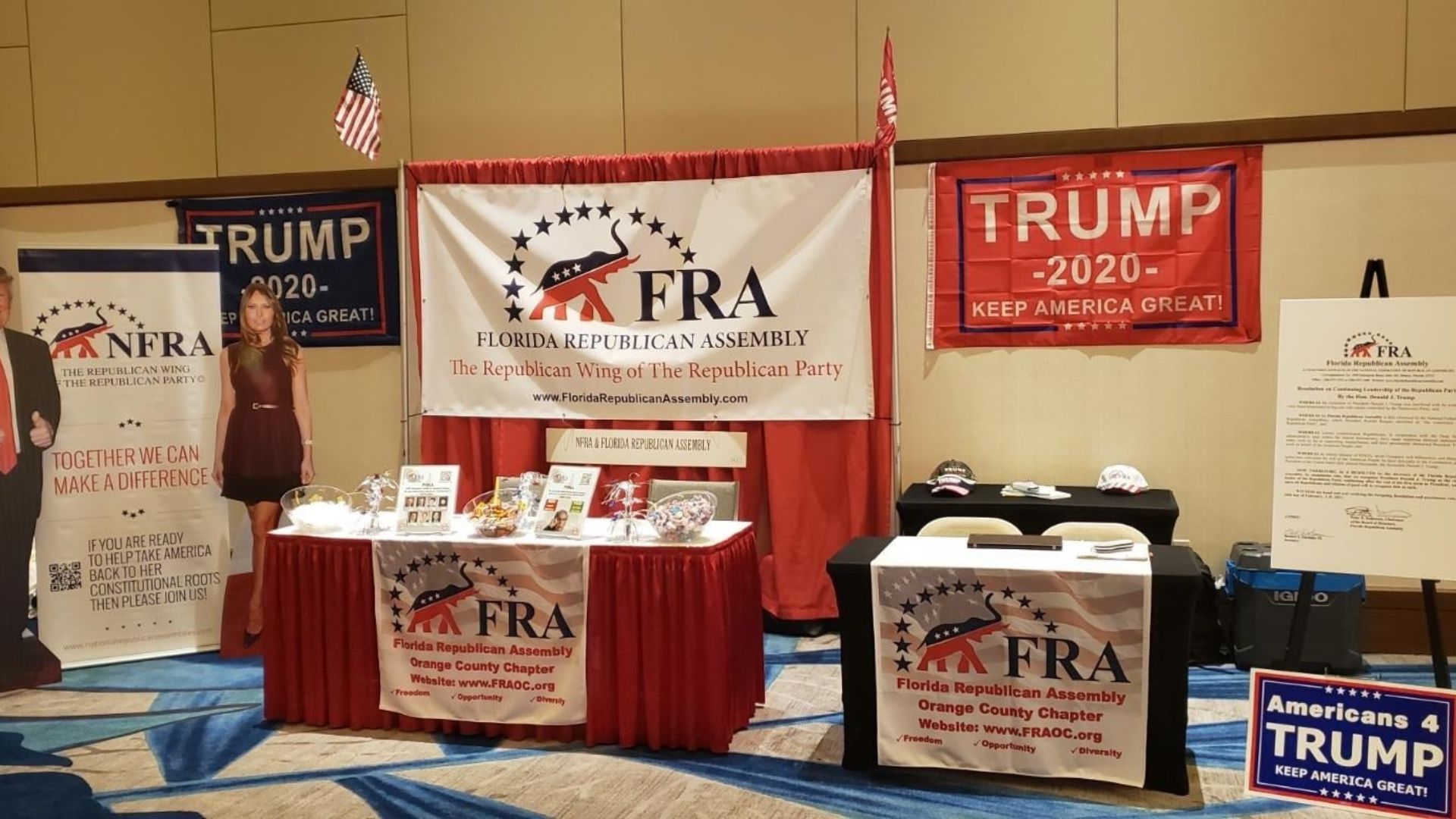
The group cites several cases to support their argument.
However, legal precedents like the 1939 Perkins v Elg case contradict their stance by stating, “A child born here of alien parentage becomes a citizen of the United States,” directly opposing the NFRA’s criteria for presidential eligibility.
Legal and Historical Criticisms
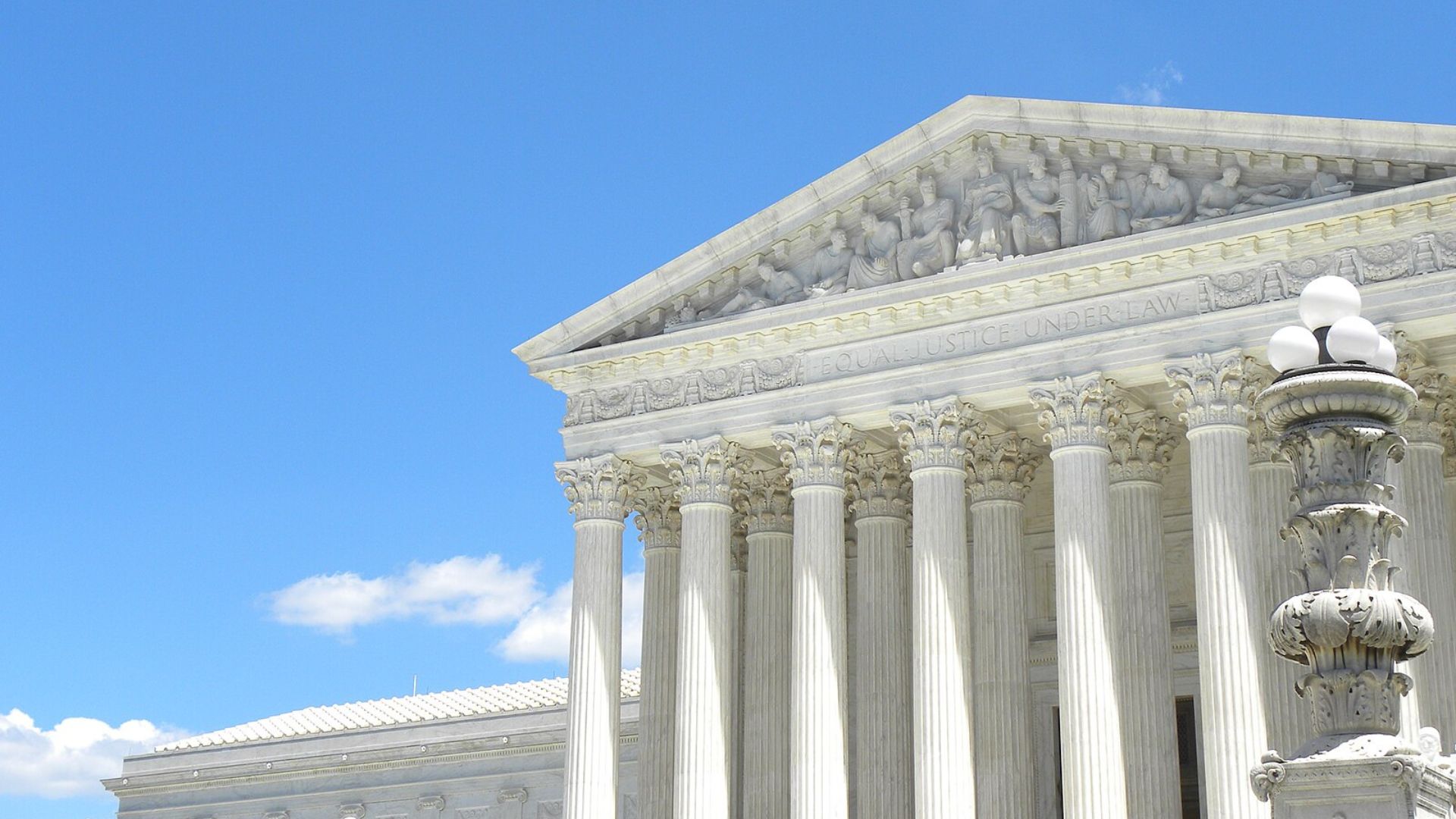
The Dred Scott decision is widely regarded by many legal scholars as the worst decision ever rendered by the Supreme Court, according to the U.S. Archives.
Its use in contemporary political debate has reignited discussions about its relevance and implications.
Constitutional Amendments and Their Impact
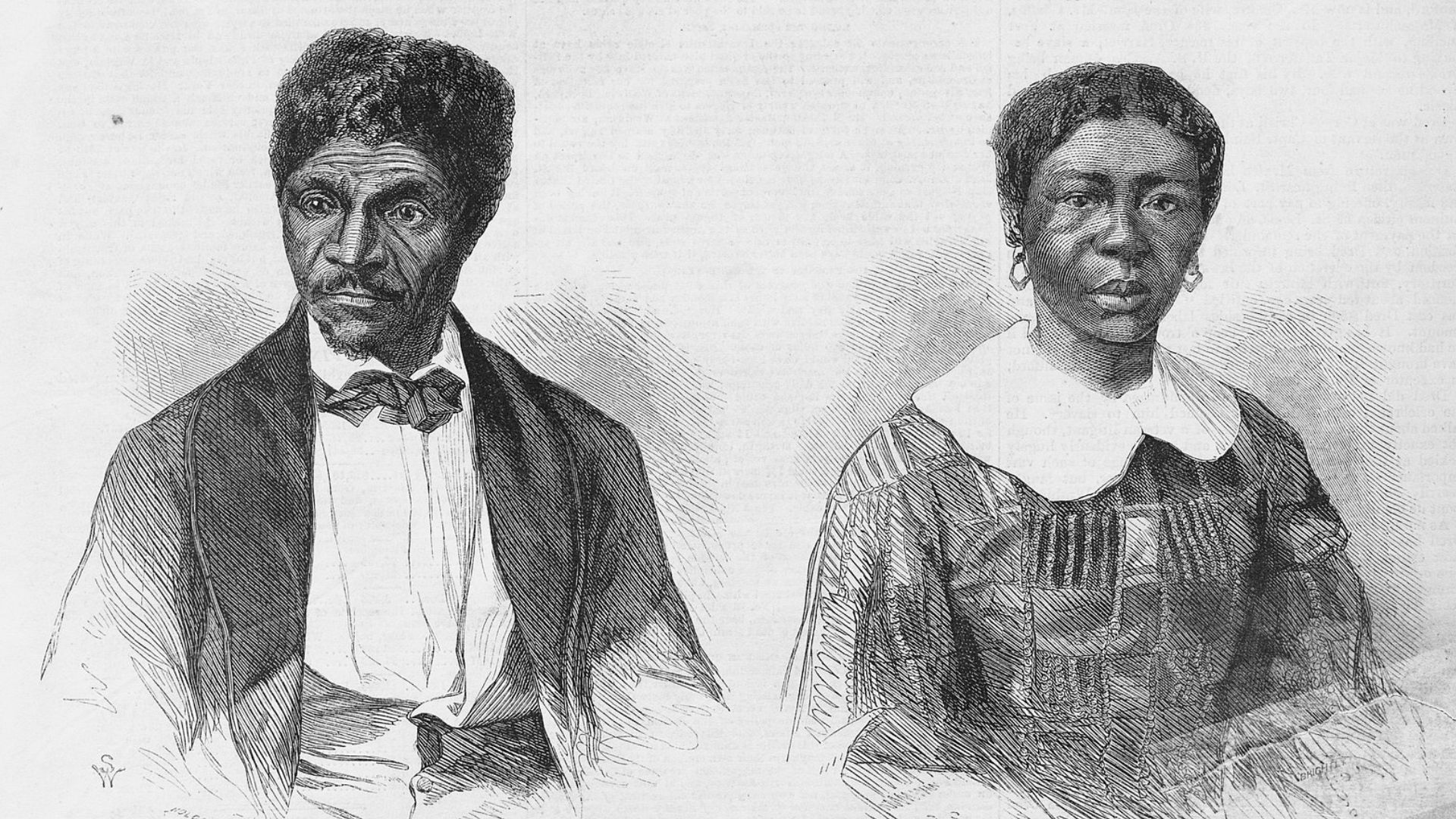
The 13th and 14th Amendments, which abolished slavery and established birthright citizenship, effectively overturned the Dred Scott decision.
These amendments are critical to understanding current citizenship and eligibility laws, yet they are being revisited in today’s legal arguments by the NFRA.
Looking Ahead to the 2024 Election
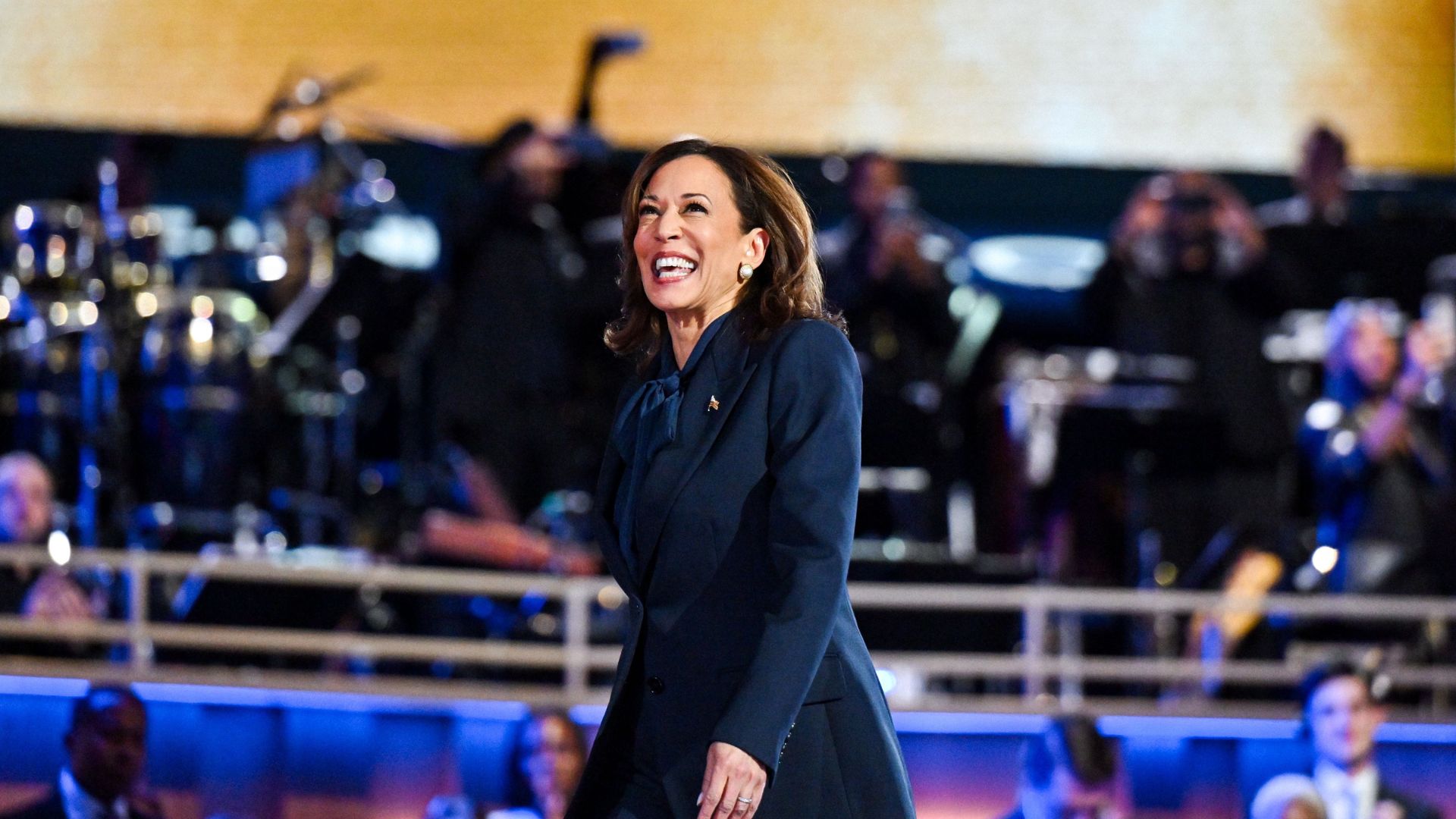
As the 2024 presidential election approaches, the NFRA insists that “only candidates who meet the natural-born citizenship standard, interpreted through an originalist and strict constructionist standard, be placed on the 2024 Republican presidential primary ballots.”
This stance could shape the selection of candidates and the overall election landscape.
